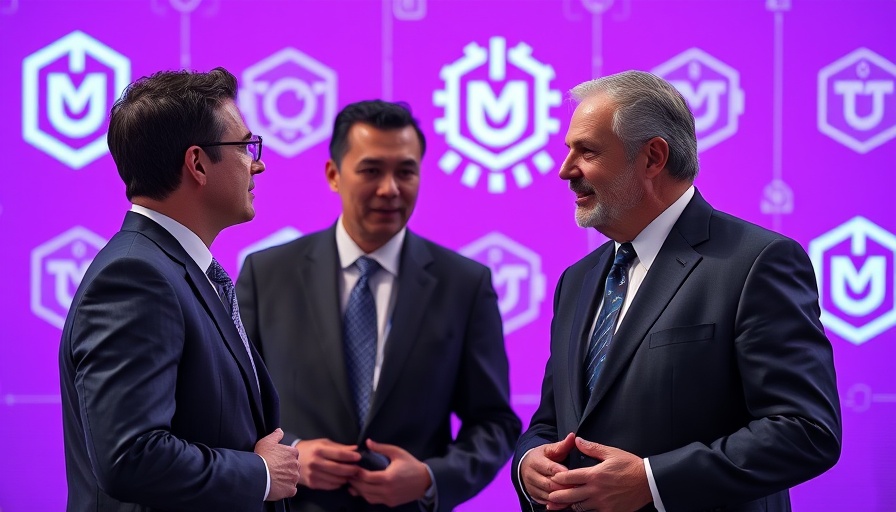
Microsoft's Strategic Shift in AI Partnerships
Microsoft is on the verge of making a significant decision regarding its partnership with OpenAI, potentially walking away from the negotiations that have captured the attention of the tech world. This comes amidst a backdrop of growing competition in the artificial intelligence sector, where every move carries the weight of future innovation and profitability. The stakes are high—especially for a company like Microsoft that has heavily invested in AI technology as part of its broader strategy to dominate the tech landscape.
The Competitive Landscape of AI and Tech Funding
The tech industry is witnessing a rapid evolution, with startups in Silicon Valley and beyond racing to secure funding for AI advancements. Venture capital firms are pouring billions into AI startups, driving innovation at an unprecedented pace. In this environment, Microsoft’s relationship with OpenAI isn't just a partnership; it's a potential competitive edge in a crowded market. Their hesitant stance raises questions about their long-term strategy and how it aligns with the broader trends in corporate governance and technology funding.
What Does This Mean for Microsoft's Future?
If Microsoft chooses to step back from these negotiations, the implications could ripple through the tech ecosystem. As a leader in cloud computing and AI development, Microsoft's choices could influence other corporate partnerships and collaborations within the industry. Furthermore, without a continual influx of innovative developments from OpenAI, Microsoft risks falling behind its competitors, who may accelerate their AI projects and applications, creating more significant market disruptions.
Analyzing the Importance of AI for Tech Giants
The investment in AI isn't merely an exploration of technology for large corporations; it's a journey towards shaping future economies and consumer behaviors. For businesses operating within the Bay Area, particularly those looking to expand their market presence with tech innovation, AI remains a critical factor. This move represents a potential pivot point—an opportunity for other enterprises or startups to leverage the gap created should Microsoft pursue a different strategy.
Predicting the Outcomes: Navigating Uncertainty in Tech
The unpredictability surrounding Microsoft's negotiations with OpenAI mirrors the uncertainty faced by many Bay Area startups and established businesses alike. This could lead to a wider examination of corporate tactics in response to shifts in the AI landscape. As the tech industry adapts, understanding how these changes impact employment trends, corporate culture, and sustainable business practices will be crucial for investors and entrepreneurs.
Potential Ramifications for the Bay Area Economy
The ramifications of these corporate decisions extend beyond Microsoft and OpenAI; they influence the entire Bay Area startup ecosystem. Should Microsoft retreat from further collaboration, local entrepreneurs might seize the opportunity to create alternative partnerships, perhaps championing sustainability and corporate social responsibility in tech development. Such a pivot could foster not just new businesses but also new standards of practice within the industry.
Conclusion: The Future Awaits
As negotiations unfold, the implications of Microsoft’s choices will be felt across the tech industry and beyond. How companies respond to the evolving landscape of AI and funding will shape business growth strategies for years to come. For anyone invested in the Bay Area business scene or the tech industry at large, understanding these dynamics is crucial for adapting to future trends.
 Add Row
Add Row  Add
Add 



Write A Comment